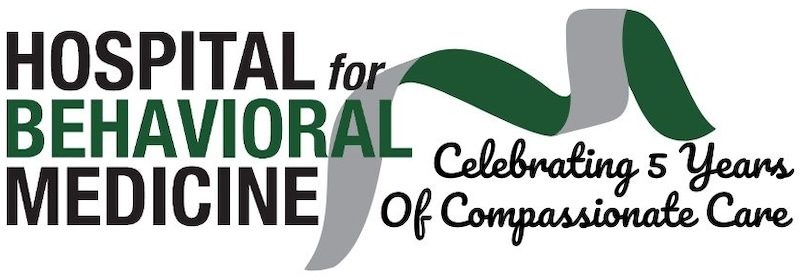Overcoming the Winter Blues
If you’ve been feeling down, irritable, or low on energy or if you’ve been craving sweet or starchy foods or sleeping more or less than usual, you may be experiencing a type of depression that’s common in the winter months, per the National Sleep Foundation. As the hours of daylight decrease and the temperature outside gets chilly during the winter, many people experience mental health disorder symptoms like these. You can take steps to ease these symptoms:
Expose yourself to light
Since a shortage of sun exposure is part of what can exacerbate your depression symptoms, sit by a bright window or go out for a walk during the day. If this doesn’t give you enough of a mood boost, consider investing in a lightbox, which can also help with insomnia. The light will suppress the release of melatonin (which makes you sleepy) and trigger the release of brain chemicals that are linked to a more upbeat mood.
Stick with a healthy diet
Rather than indulging in lots of creamy, cheesy, starchy, or sugary comfort foods, make or order satisfying, produce-based items. Choose vegetable soups and stews, baked or roasted apples and pears, and you’ll get the hearty and filling sensations that you want without consuming excessive calories. This healthy diet will not only improve your mental health and well-being but your physical being as well.
Stay active
Don’t hibernate or stay cooped up inside. Bundle up and enjoy outdoor activities like ice skating, snowshoeing, building a snowman with your kids, or going for a walk in the snow. Get together with friends and see movies or go to museums. Engage in fun activities with your kids at home like playing board games or doing arts and crafts while drinking warm cider.
Seek professional help
If you can’t beat feelings of seasonal depression, see a psychologist who specializes in cognitive behavioral therapy, which may have longer-lasting benefits than light therapy. And ask your PCP whether you’re a good candidate for antidepressants (such as the selective serotonin reuptake inhibitors or SSRIs) that can provide a mood-boosting effect. Keep in mind that it can take several weeks to feel a noticeable difference with these drugs.
Hospital for Behavioral Medicine is here for you as well, join us for a partial hospitalization program (PHP) or intense outpatient program (IOP), for a diagnostic evaluation and group therapy.



